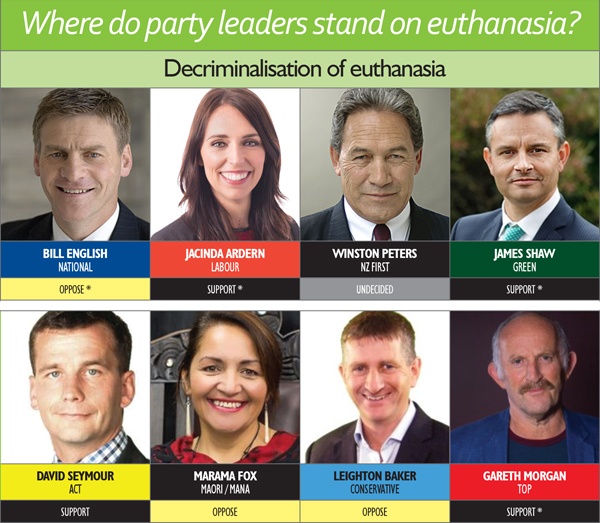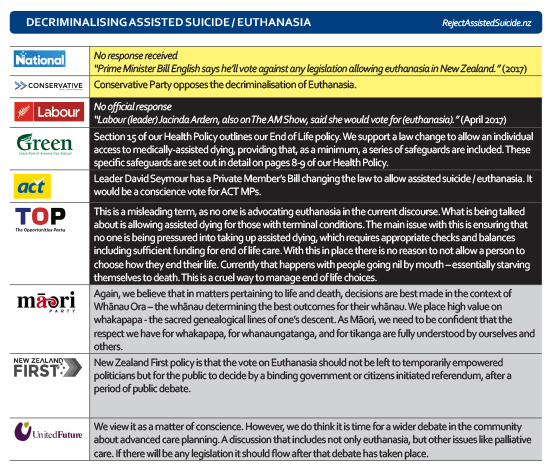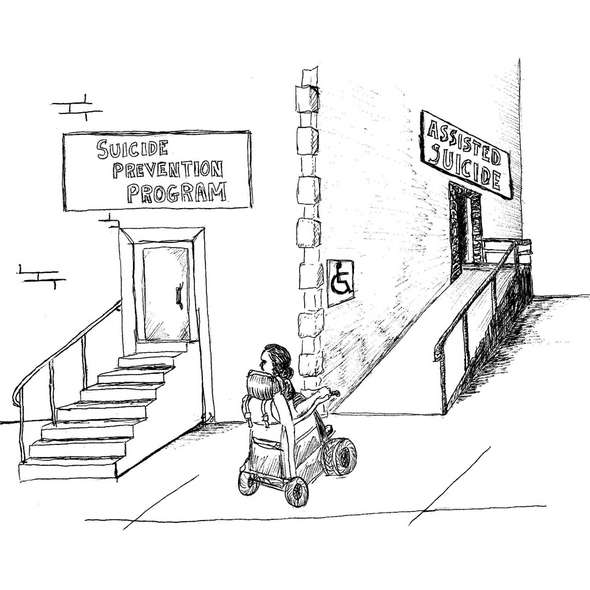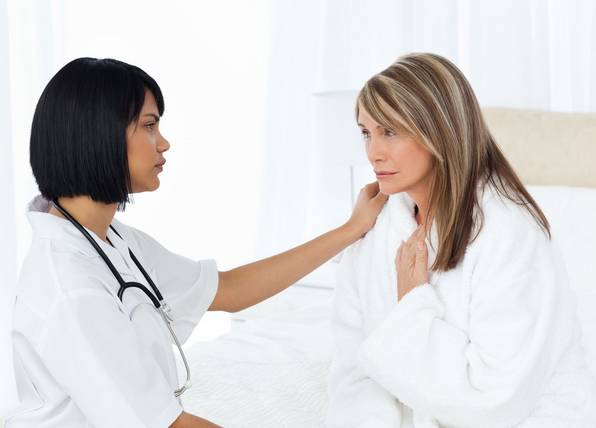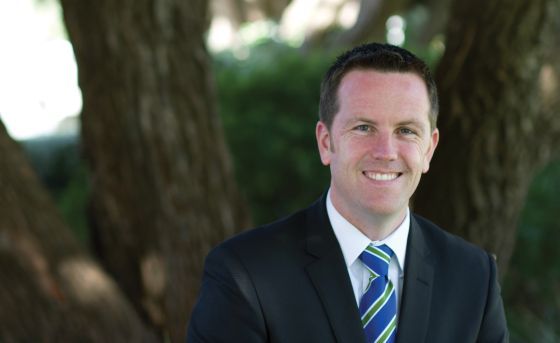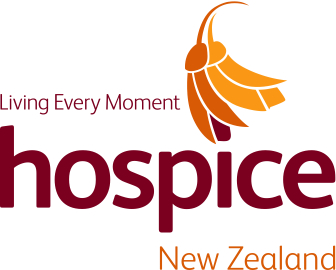
Media Release – American College of Pediatricians 20 September 2017
Family First Comment: A superb response from medical professionals in the USA.
“Physicians recognize that every attempted suicide is a desperate cry for help. Depression, even suicidal depression, is eminently treatable. Depression in the context of terminal illness is likewise treatable. It is absurd to carve out “terminal” as a special class for which physicians must suspend their ethical standards of medical care.”
The American College of Pediatricians (ACPeds) and the American Association of Prolife Obstetricians and Gynecologists (AAPLOG) applaud our 150,000 colleagues in the American College of Physicians (ACP) for boldly opposing the contradictory practice of physician-assisted suicide in their recently released position statement, Ethics and the Legalization of Physician-Assisted Suicide.
Assisting in or directly causing the death of our patients violates the long standing medical ethics principle of “first do no harm.” Killing is diametrically opposed to the given role of physicians as healers. Disguised as promoting “patient autonomy,” these laws permit physicians a very active role in ending lives.
Assisted suicide laws presume the novel possibility of a benevolent role for physicians in “carrying out a patient’s wishes” to be killed. Physicians are not mere vending machines or indentured servants obligated to provide whatever is requested regardless of the ethics involved. Doctors are obligated to make an independent judgment of the propriety of their every act. Only a very twisted form of logic would argue that physicians’ duty of beneficence makes them appropriate agents of suicide.
Dr. Donna Harrison, Executive Director of AAPLOG noted that physician-assisted suicide fractures the trust between a doctor and her patient, and facilitates the exploitation of our most vulnerable patients.
“When the physician tasked with healing also carries a license to kill, how can any patient trust her physician to place her health and best interests first?” She continued, “Also, the potential for abuse of our elderly and disabled patients increases since assisted suicide laws allow abusive caregivers to legally obtain lethal drugs.”
Physicians recognize that every attempted suicide is a desperate cry for help. Depression, even suicidal depression, is eminently treatable. Depression in the context of terminal illness is likewise treatable. It is absurd to carve out “terminal” as a special class for which physicians must suspend their ethical standards of medical care.
Dr. Cretella, President of ACPeds stated,
“As physicians, we are privileged to accompany our patients through joyful times of vigorous health, as well as times of sorrow and illness. We cure sometimes, but provide care and comfort always. Physicians are healers not killers.”
The physicians of the ACPeds, AAPLOG, and the ACP stand firmly united in opposition to the practice of physician-assisted suicide.
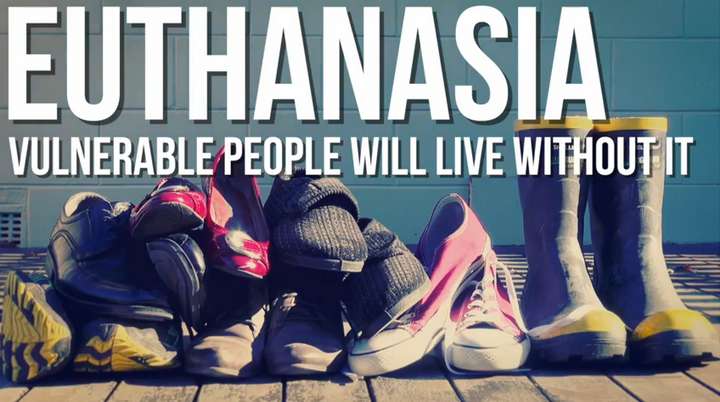
 One of the main reasons that politicians have rejected previous attempts to decriminalise assisted suicide / euthanasia is that they realised that ‘safeguards’, while sounding good, would not guarantee the protection required for vulnerable people including the disabled, elderly, depressed or anxious, and those who feel themselves to be a burden or are under financial pressure. The international evidence backs up these concerns, and explains why so few countries have made any changes to the law around this issue. There are contradictory messages when society rightly wants to take a zero-tolerance approach to suicide, yet at the same time wants to approve a person taking their life. The potential for abuse and flouting of procedural safeguards is a further strong argument against assisted suicide. The solution is to ensure a palliative care regime that is fully funded and world class. That’s where the politicians’ focus should be. The recent inquiry into assisted suicide / euthanasia had 16,000+ submissions (80% of all submissions) opposing assisted suicide / euthanasia.
One of the main reasons that politicians have rejected previous attempts to decriminalise assisted suicide / euthanasia is that they realised that ‘safeguards’, while sounding good, would not guarantee the protection required for vulnerable people including the disabled, elderly, depressed or anxious, and those who feel themselves to be a burden or are under financial pressure. The international evidence backs up these concerns, and explains why so few countries have made any changes to the law around this issue. There are contradictory messages when society rightly wants to take a zero-tolerance approach to suicide, yet at the same time wants to approve a person taking their life. The potential for abuse and flouting of procedural safeguards is a further strong argument against assisted suicide. The solution is to ensure a palliative care regime that is fully funded and world class. That’s where the politicians’ focus should be. The recent inquiry into assisted suicide / euthanasia had 16,000+ submissions (80% of all submissions) opposing assisted suicide / euthanasia.